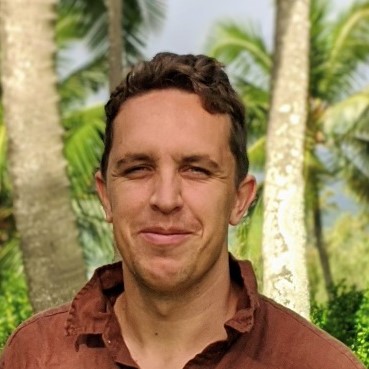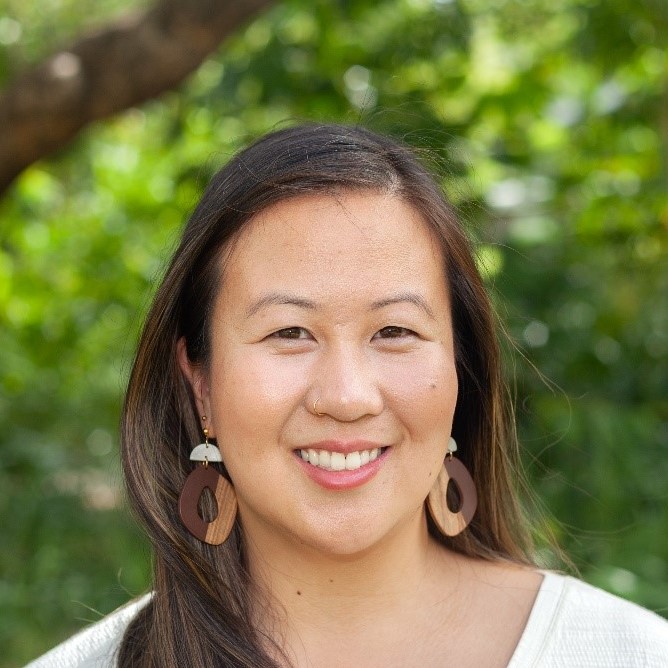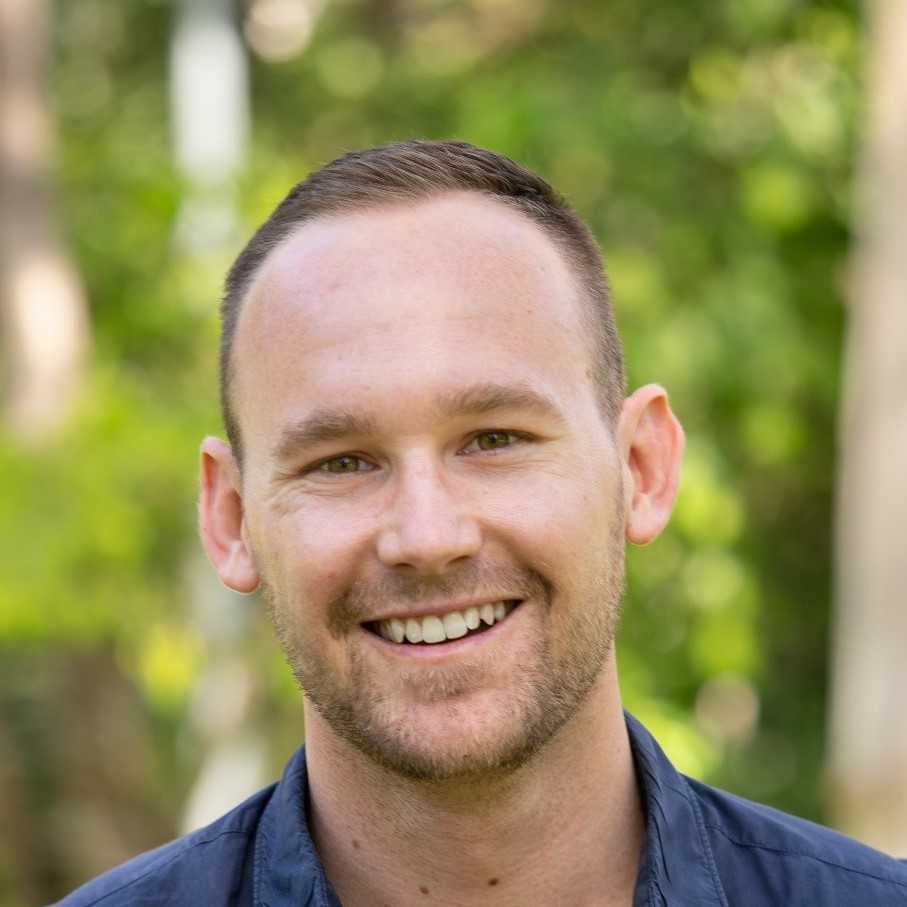Collection
Special Issue: Functional studies on coral reefs: insights from a changing world
- Submission status
- Closed
Editors
-
David R. Bellwood
David Bellwood is a Distinguished Professor at James Cook University (JCU), Australia, and a Fellow of the Australian Academy of Science. In 2019 he was awarded an Australian Laureate Fellowship to assess how coral reefs function. Currently, he leads the Research Hub for Coral Reef Ecosystem Functions at JCU. This team of emerging post-doctoral researchers and post-graduate students are studying coral reef functions through time and space, incorporating biogeography, palaeontology, evolution, and ecology to comprehensively understand today’s coral reefs and how they may change in the future.
-
Robert P. Streit
Dr Robert P Streit received a PhD in marine biology and ecology from James Cook University Australia in 2020. He since works as a postdoctoral research fellow in the Research Hub for Coral Reef Ecosystem Functions at JCU. His research focusses on the spatial ecology of coral reef fishes, essentially asking - what drives where and when fishes deliver their ecosystem functions. His recent work relates to the role of functional traits in understanding and predicting ecology and how these concepts may be refined to maximize utility for ecological insights.
-
Simon J. Brandl
Simon is a marine ecologist who received his PhD from James Cook University in 2016. After completing postdoctoral fellowships in the US, Canada, and France, he is now an Assistant Professor at the University of Texas at Austin Marine Science Institute. His research revolves around the diversity and functional roles of coastal marine fishes, with a particular emphasis on the ecology and evolution of coral reef fishes and their contributions to coral reef ecosystem functioning.
-
Mike McWilliam
Mike is a Levehulme Postdoctoral Fellow in the UK studying biodiversity change across seafloor ecosystems. He was previously a postdoc at the Hawaii Institute of Marine Biology and a PhD student at the ARC Centre of Excellence for Coral Reef Studies in Australia. His work focuses on biodiversity, physiology, demography, ecosystem function, and resilience.
-
Helen F. Yan
Helen Yan studies the productivity of global fish communities, with a focus on the ecological and socioeconomic drivers of marine ecosystem functioning. She received her B.Sc. with Honours from Simon Fraser University, Canada and has worked for the International Union for Conservation of Nature (IUCN) Species Survival Commission Shark Specialist Group as a research associate. She is currently a PhD Candidate in the Research Hub for Coral Reef Ecosystem Functions and the Australian Research Council Centre of Excellence for Coral Reef Studies at James Cook University, Australia.
-
Sterling B. Tebbett
Sterling Tebbett received his PhD from James Cook University (JCU), Australia, in 2022. Currently, he is working as a Postdoctoral Research Fellow in the Research Hub for Coral Reef Ecosystem Functions at JCU. In this position he undertakes a diverse array of research that covers multiple taxonomic groups and spatial scales, however, it all shares one common theme: a focus on understanding how coral reefs function.







